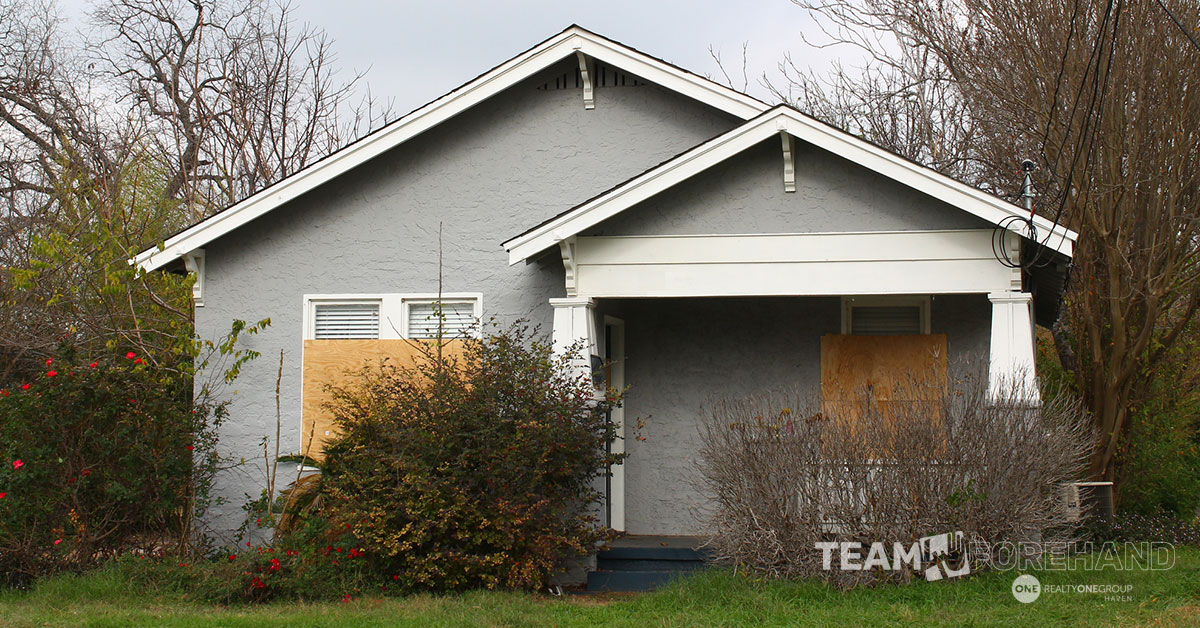Are you considering buying a fixer-upper in Wisconsin? While it may seem like a great idea, it’s important to weigh the pros and cons before making a decision. In this blog post, we’ll explore the benefits and drawbacks of purchasing a fixer-upper in Wisconsin.
Pros:
- Lower Purchase Price: One of the biggest advantages of buying a fixer-upper is the lower purchase price. Since the home is in need of repairs, it may be priced lower than comparable homes in the area. This can be a great way to get into a neighborhood that may have been out of your budget otherwise.
- Customization: Buying a fixer-upper gives you the opportunity to customize the home to your liking. You can choose the paint colors, flooring, and fixtures that you want instead of being stuck with someone else’s choices.
- Potential for Equity: By purchasing a fixer-upper and making improvements, you have the potential to build equity in the home. This can be a smart financial move if you plan on selling the home in the future.
- Investment Opportunity: Buying a fixer-upper can also be a good investment opportunity. If you have the skills to do the repairs yourself, you can save money and increase the potential for profit.
- Sense of Accomplishment: There’s a great sense of accomplishment that comes with taking a run-down property and turning it into a beautiful home. If you enjoy DIY projects, buying a fixer-upper can be a fun and rewarding challenge.
Cons:
- Hidden Costs: While the purchase price of a fixer-upper may be lower, the hidden costs of repairs and renovations can add up quickly. Before making an offer, it’s important to have a thorough home inspection to identify any potential problems.
- Time-Consuming: Renovating a home takes time, and living in a construction zone can be stressful. It’s important to have a plan in place and realistic expectations for how long the renovations will take.
- Unforeseen Problems: No matter how thorough the home inspection, unforeseen problems can arise during the renovation process. It’s important to have a contingency fund set aside for unexpected expenses.
- Financing Challenges: It can be more challenging to secure financing for a fixer-upper, as many lenders require a home to be in move-in ready condition. This can limit your financing options and require more money up front.
- Stress: Renovating a home can be a stressful experience, especially if you’re living in the home during the renovations. It’s important to have a support system in place and be prepared for the challenges that come with a fixer-upper.
- Lack of Experience: If you’re not experienced in home repairs and renovations, buying a fixer-upper can be a daunting task. It’s important to have a team of professionals on hand to help with the process.
- Over-Improving: It’s important to be mindful of over-improving the home, as it’s possible to put more money into the home than you can recoup in a sale. It’s important to keep the value of comparable homes in the area in mind when making renovation decisions.
In conclusion, buying a fixer-upper can be a great way to get into a desirable neighborhood and customize your home to your liking. However, it’s important to carefully weigh the pros and cons before making a decision. If you’re up for the challenge and have a solid plan in place, a fixer-upper can be a rewarding investment opportunity. If you’re up for the challenge, reach out to me to discuss the best options for your home search. Let’s find you a diamond in the rough!


